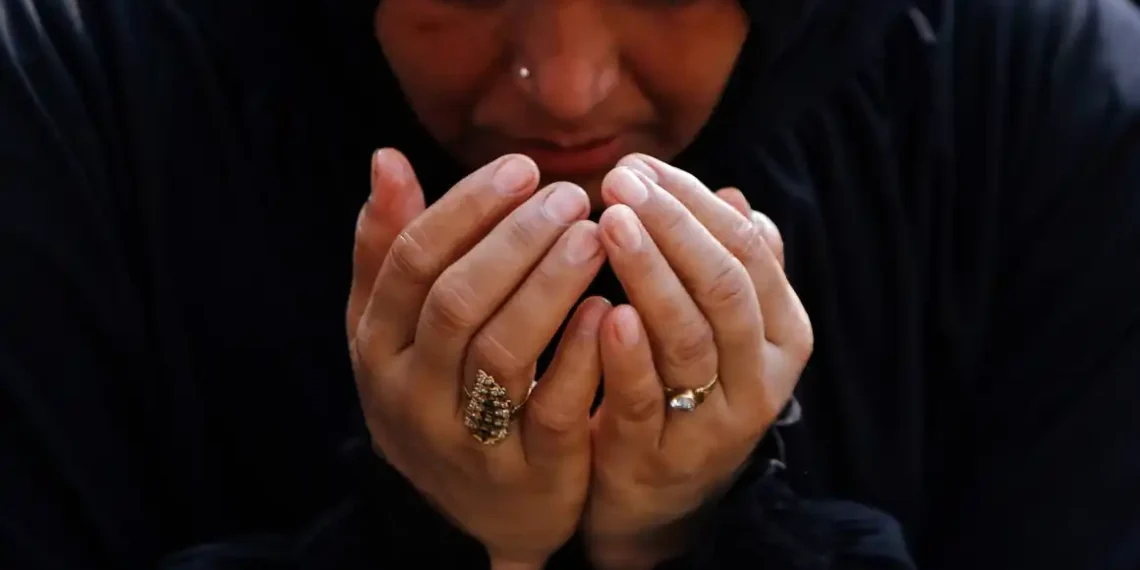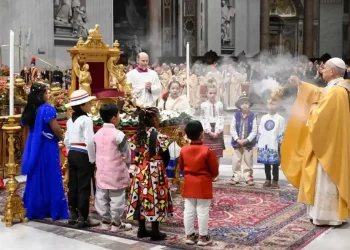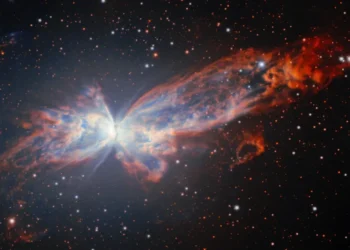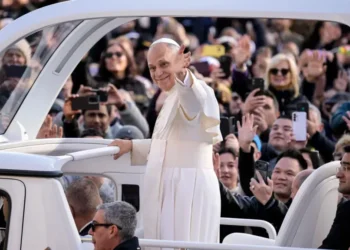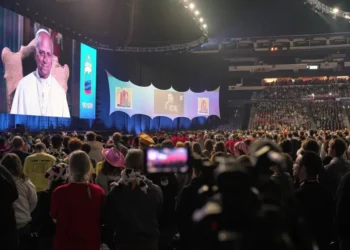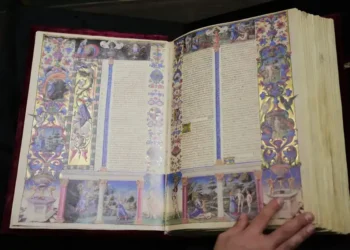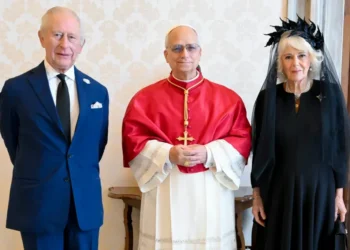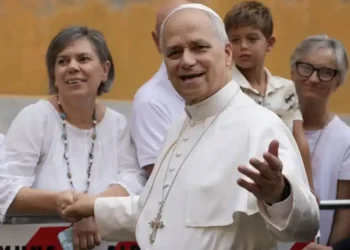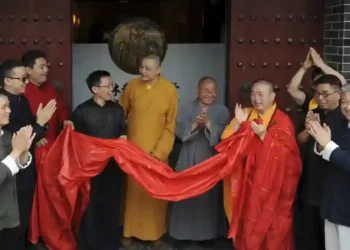Eid al-Adha: A Spiritual Holiday Offering Lessons in Mindfulness, Community, and Purpose
While many holidays are celebrated with festive meals, heartfelt gifts, and joyful gatherings, Eid al-Adha stands out as a powerful reminder of faith, sacrifice, and connection. As millions of Muslims around the world prepare to observe this important holiday starting Friday, experts say it also offers something everyone can benefit from — a renewed focus on mindfulness and meaningful living.
What Is Eid al-Adha Really About?
At the heart of Eid al-Adha is the story of the Prophet Abraham (Ibrahim in the Quran), who demonstrated unwavering faith when asked by God to sacrifice his son. As the story goes, God intervened and provided a ram to sacrifice instead — a moment of divine mercy that’s commemorated with acts of worship, charity, and reflection.
Families begin the day with a special morning prayer at the mosque, followed by warm greetings of “Eid Mubarak” (Blessed Eid) and large festive meals. Gifts are exchanged, animals are sacrificed (qurbani or udhiya) to honor Abraham’s devotion, and the meat is shared with friends, family, and those in need — reinforcing the values of gratitude, generosity, and compassion.
More Than Rituals — A Call to Mindfulness
This three-day celebration offers more than just tradition. It’s a blueprint for living with intention, grounded in spiritual and psychological benefits that transcend religion.
“Eid is a reminder that we should strive to add more of this balance in our day-to-day,” said Dr. Rania Awaad, a clinical professor of psychiatry at Stanford.
Here are five powerful takeaways from Eid al-Adha that can enrich anyone’s life:
1. Stay Hopeful and Resilient in Tough Times
Abraham’s story is deeply symbolic — not for its dramatic act, but for the message of enduring faith and perseverance.
“Islam really develops this notion of faithfulness and patience in the face of trial,” said Dr. Gabriel Reynolds of the University of Notre Dame. That mindset, he explains, helps believers find strength through hardship — and it’s a lesson anyone can apply.
When life gets hard, looking for silver linings and trusting the process can make a difference.
2. Do What You Can — and Trust the Outcome
Another tale from the Eid narrative speaks of Abraham’s wife, who frantically searched for water for her baby in the desert — only to have a spring emerge at his feet. It’s not just a miracle; it’s a message.
She did what she could, and the rest followed.
This is a lesson in effort and surrender — doing your best, even when the odds are against you, and believing that your work will bear fruit in its own time.
3. Giving Feeds the Soul
The spirit of Eid is deeply rooted in charity. The qurbani sacrifice isn’t just symbolic — it’s a way to share your blessings with those who need it most. And science backs this up.
“Giving to others always feeds the soul,” said Dr. Yasmine Saad, a clinical psychologist. “It helps you feel you matter — that you have an impact.”
Regular acts of kindness — whether volunteering, cooking for others, or simply being generous with your time — can uplift your mood, lower stress, and even improve physical health.
4. It Takes a Village: The Power of Community
We thrive in connection. Eid stretches over three days and encourages extended time with family, friends, and neighbors — something modern life often neglects.
“Having a community act that gives you a sense of doing something together helps people manage stress better,” said Dr. David Spiegel of Stanford Medicine.
If Eid teaches us anything, it’s that relationships matter. Whether it’s reaching out to a friend, joining a community event, or simply sharing a meal, these moments add meaning to our lives.
5. Fill Your Cup — So You Can Pour Into Others
Not everyone can make the pilgrimage to Mecca (Hajj), but that doesn’t mean you can’t seek fulfillment.
Maybe it’s reading a book that inspires you, going on a peaceful hike, or attending a retreat. As Awaad puts it, it’s about doing something that recharges your spirit so you can show up fully in other areas of your life.
“It could be something that just fills your cup so you’re able to ground yourself and be more attuned to the people around you,” she said.
A Universal Invitation
Eid al-Adha is deeply sacred for Muslims, but its underlying message — faith, sacrifice, charity, and community — is universal.
It’s an opportunity to pause and reflect on what truly matters. And as the world becomes more fast-paced and distracted, that pause — that mindful moment — may be one of the most valuable gifts any holiday can offer.
This article was rewritten by JournosNews.com based on verified reporting from trusted sources. The content has been independently reviewed, fact-checked, and edited for accuracy, neutrality, tone, and global readability in accordance with Google News and AdSense standards.
All opinions, quotes, or statements from contributors, experts, or sourced organizations do not necessarily reflect the views of JournosNews.com. JournosNews.com maintains full editorial independence from any external funders, sponsors, or organizations.
Stay informed with JournosNews.com — your trusted source for verified global reporting and in-depth analysis. Follow us on Google News, BlueSky, and X for real-time updates.
